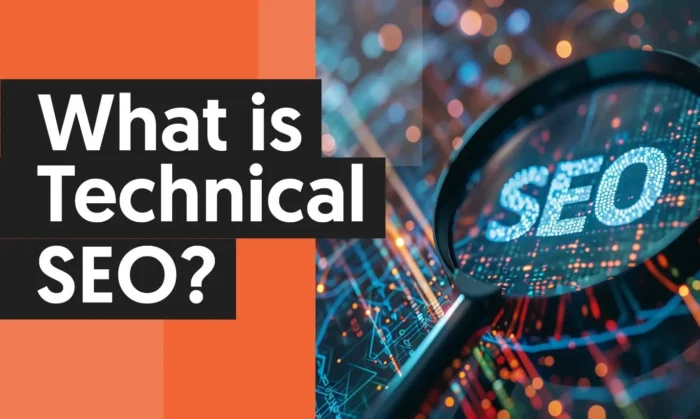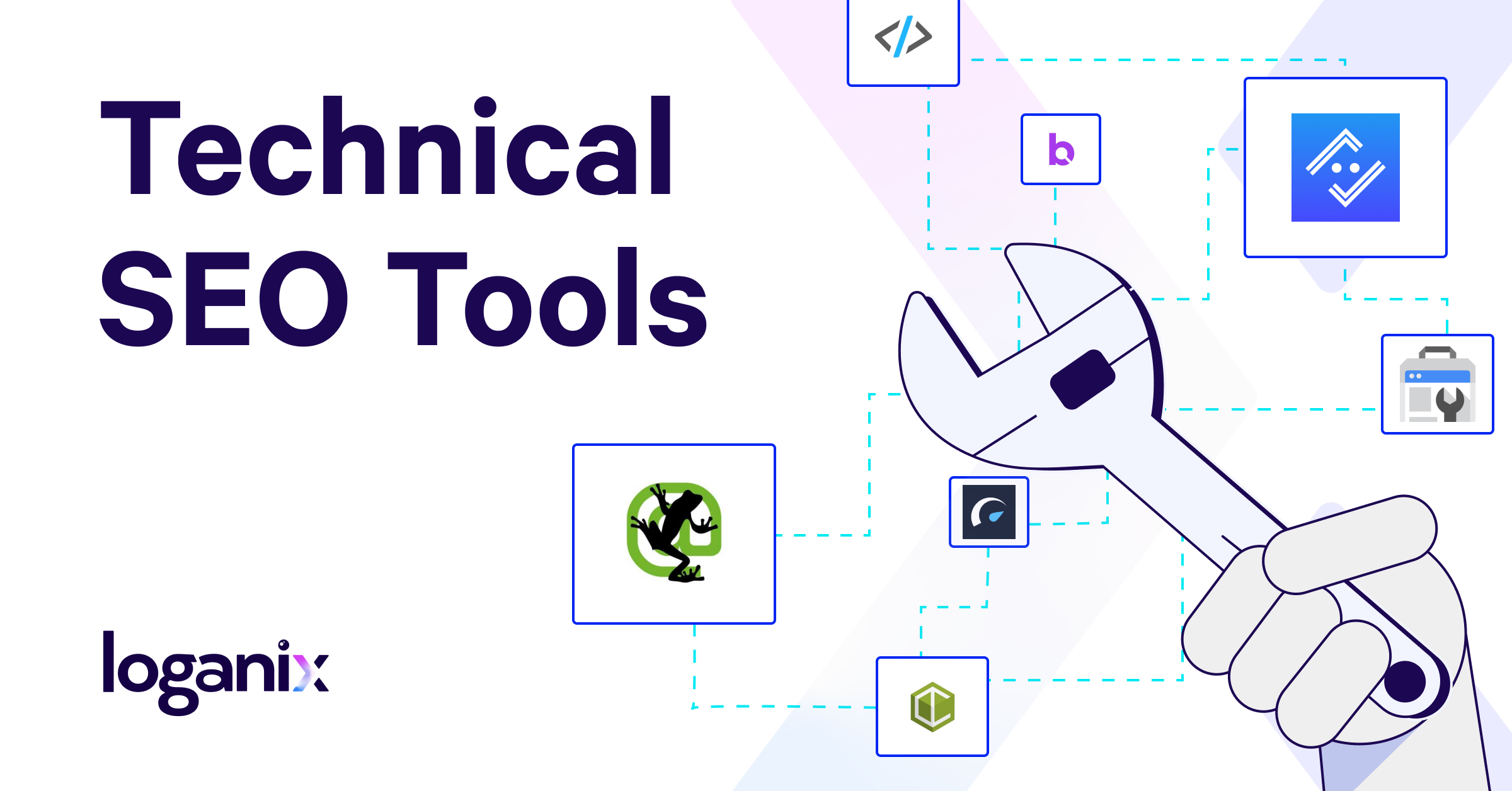Technical SEO essentials include optimizing site speed, crawlability, mobile optimization, and structured data to improve search engine rankings and user experience.
-
Site Speed: Fast loading times are crucial for SEO and user experience. Google’s Core Web Vitals measure key speed metrics:
- Largest Contentful Paint (LCP): Should be under 2.5 seconds.
- Interaction to Next Paint (INP): Should be ≤200ms.
- Cumulative Layout Shift (CLS): Should be less than 0.1 for visual stability.
Techniques to improve speed include compressing images, enabling browser caching, minifying CSS/JS/HTML, using modern image formats (WebP, AVIF), server-side caching, and CDNs.
-
Crawlability: Ensures search engines can efficiently discover and index your pages. Key practices:
- Submit accurate XML sitemaps.
- Optimize robots.txt files.
- Use canonical tags to avoid duplicate content.
- Implement proper 301 redirects and fix broken links.
- Maintain a logical internal linking structure to prevent orphan pages and index bloat.
-
Mobile Optimization: With Google’s mobile-first indexing, sites must be fully responsive and optimized for mobile devices. This includes adaptive layouts, touch-friendly navigation, and fast mobile interactions to improve rankings and user retention.
-
Structured Data (Schema Markup): Adding schema markup helps search engines understand the content context and can enhance search result listings with rich snippets. While its ranking impact is smaller (5-10%), it improves visibility and click-through rates.
Additional essentials include:
- Using HTTPS for secure connections, which is required and signals site credibility.
- Maintaining a clean URL structure and fixing duplicate content issues.
- Regularly auditing technical SEO aspects to align with Google’s evolving standards.
Together, these elements form the backbone of technical SEO, ensuring your website is fast, accessible, mobile-friendly, and clearly understood by search engines for optimal ranking and user experience.





